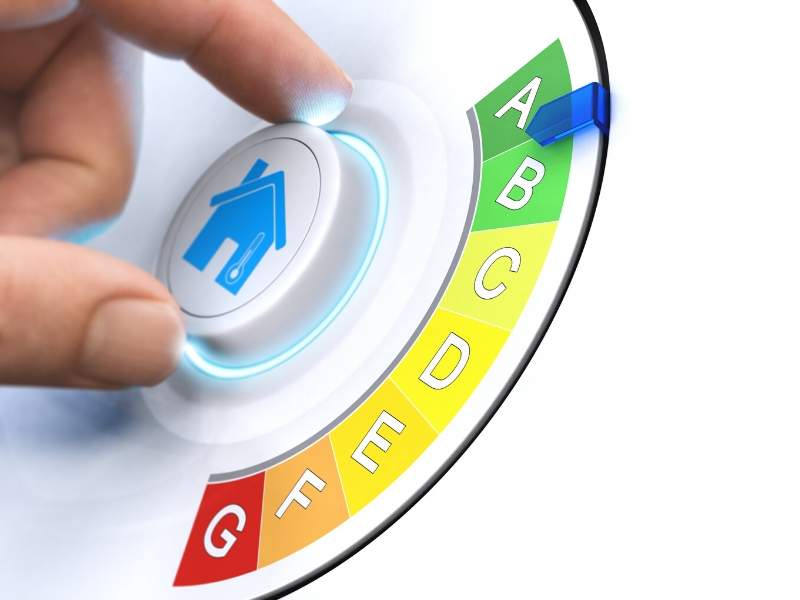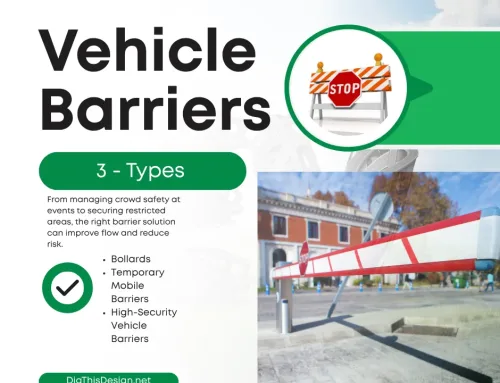Heat recovery systems dramatically reduce the amount of energy you use through the use of a heat exchange. If you have a large house or your energy bills are particularly high, a heat recovery system is a worthwhile investment. Your initial investment gives you both immediate and long-term benefits. In addition, it reduces the energy you use in your home which is better for our environment. There are many providers of heat recovery systems such as BPC Ventilation.
What You Need to Know About Heat Recovery Systems

How Do They Work?
Heat recovery systems are very simple. They work with the exchange of the existing air in your home for air from the outside. This constant circulation gives you fresh, clean air all day long. The process involves the removal of your warm, stale air. At the same time, it pulls in the fresh air, heats it, and pumps it back into your home. If you have an energy-efficient home that has little or no air leakage and draughts, a heat recovery system is a very smart investment. In addition, it helps prevent mold and dampness. It also removes condensation.
Is Your Home Energy-Efficient?
To get the maximum benefit out of your heat recovery system, be certain your home is energy efficient. Check that there is as little air leakage as possible through draughts found in cracks under doors, single-glazed windows, or uninsulated walls. If your home is not energy efficient, the heat recovery system will not be a good investment.
Is it Easy to Install?

Many modern homes come with heat recovery systems but if yours does not be assured that installation is relatively simple and painless. Heat recovery systems easily fit into your home when you place the bulk of the machinery in an attic or utility closet. Whatever you do, don’t try and install it yourself! It is complicated and definitely a job for a professional.
A heat recovery system is a win-win investment that gives you long-term cost-savings and it also reduces the consumption of energy which gives you an environmentally friendly home.
Images Courtesy of Canva.
Other Posts You Might Enjoy
Should Heating System Types Change with Geography?
Acclimating Home Temperatures During Summer Heat





